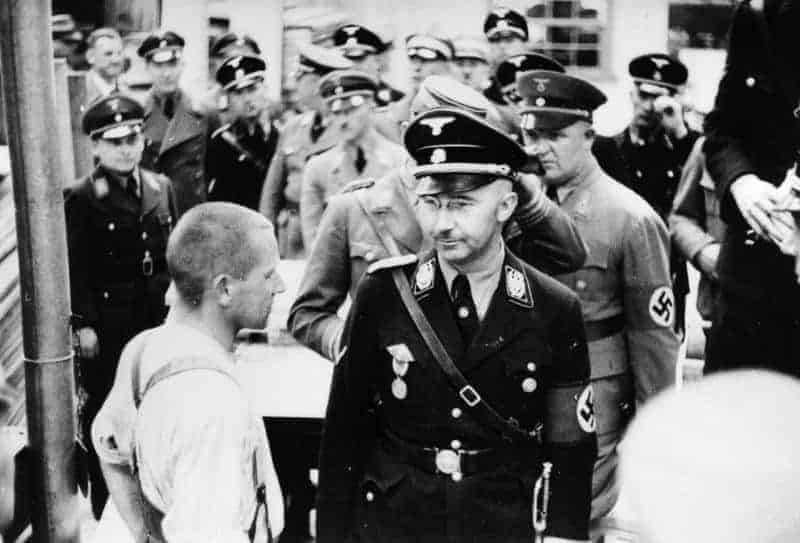On this day in 1942, the representative of nine Nazi-occupied countries met to agree, a common policy on Nazi atrocities in their respective countries. The nine countries agreed that all those found guilty of atrocities and crimes against Humanity would be bought to justice and would be punished severely for their crimes. The meeting took place in London and was attended by representatives from Poland, Norway, Holland, Belgium, France, Czechoslovakia. Luxembourg, Denmark, and Yugoslavia. Among those who signed the agreement were the Polish General Wladyslaw Sikorski and the French General, Charles de Gaulle. The declaration called for the punishment of all those who committed the atrocities and those who abetted them in their crimes.
There had been reports of German atrocities committed in occupied countries since the Nazi invasion of Poland in 1939. There was strong evidence, including first-hand accounts of Nazi atrocities including the murder of prisoners and civilians. It was soon well-known that Jews and anyone who defied the Nazis were killed. The existence of concentration camps and forced labor camps had also been confirmed by 1942. The German war machine relied heavily on slave labor most of whom were people from occupied Europe. By the end of the war, several million Europeans were forced to work for the Nazis, many of them in Germany. Many of them were forcefully taken to Germany where many died of hunger and ill-treatment. The Nazi ideology states that all non-Germans were inferiors and they could be treated cruelly if necessary. This meant that German forces believed that they were above the law and they could act with impunity. It was very rare for any German soldiers or official to be tried for an atrocity. The Nazis adopted a policy of terror in order to intimidate the local population. They were particularly brutal towards those people they regarded as inferior such as the Poles. The SS and the Gestapo were especially brutal and they killed and tortured many innocent people. After the war, many war criminals were brought to justice after the liberation of occupied countries. Those Germans who committed the worst crimes were often executed. For example, the Poles executed the commandant of Auschwitz. The Germans were aided and abetted in their crimes by local collaborators. Local Nazi sympathizers or Fascists helped the Nazis in their reign of terror. These were also tried after the war and many executed. However, many war criminals escaped, in the chaos of Europe after the war. Despite the best efforts of the authorities many guilty of war crimes and atrocities were able to evade justice, by escaping to Latin America or hiding under assumed names in Europe.


